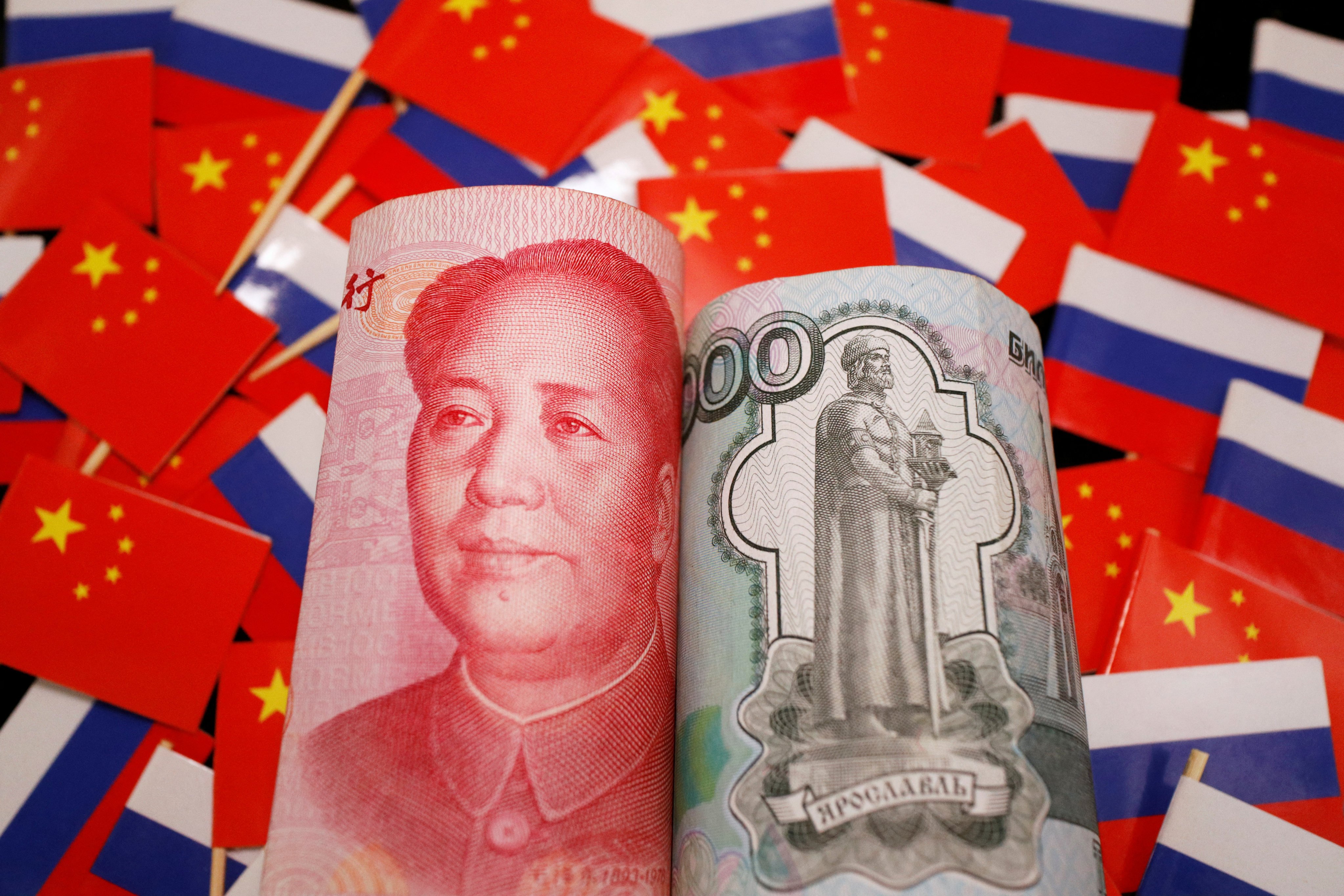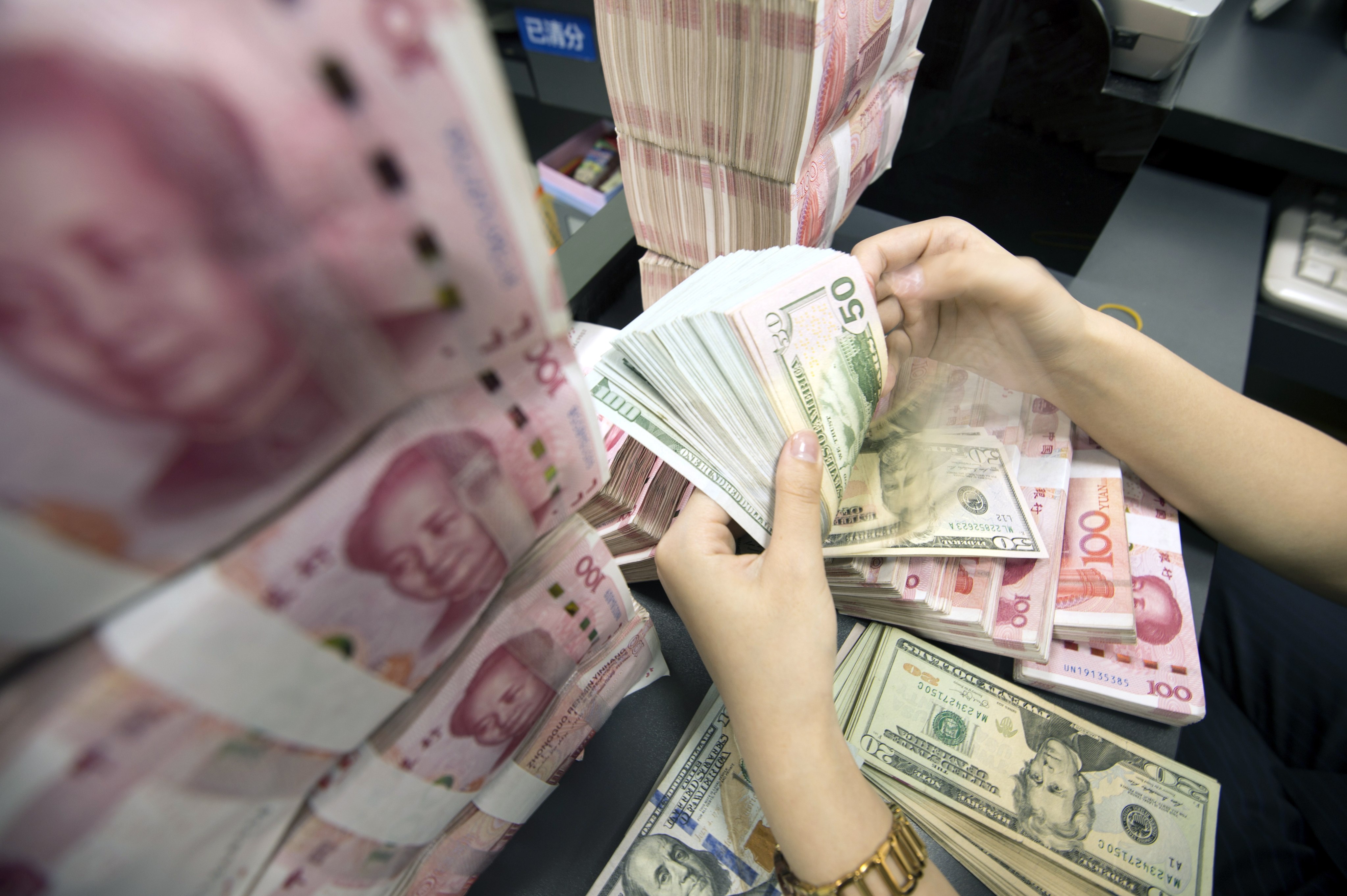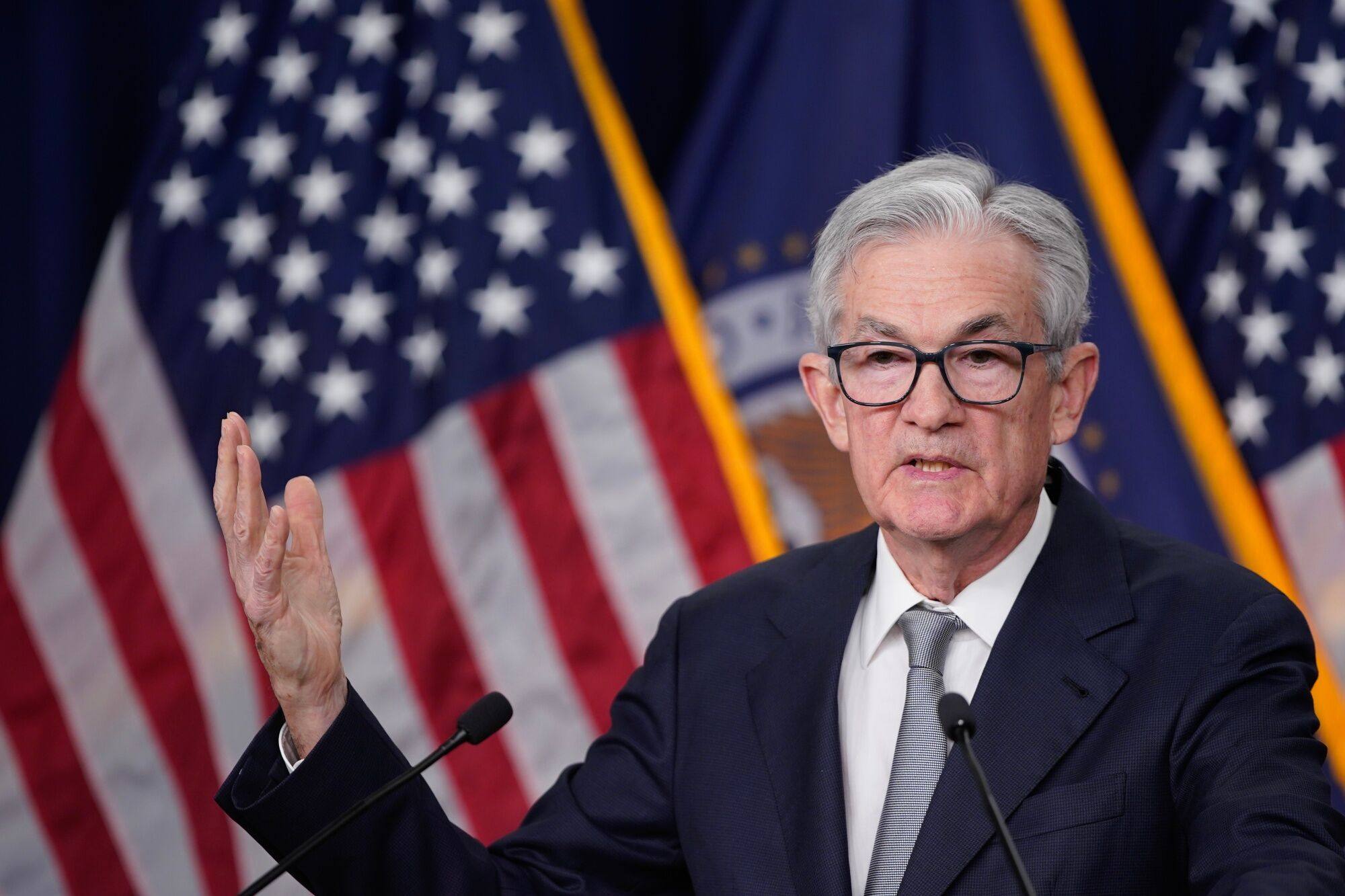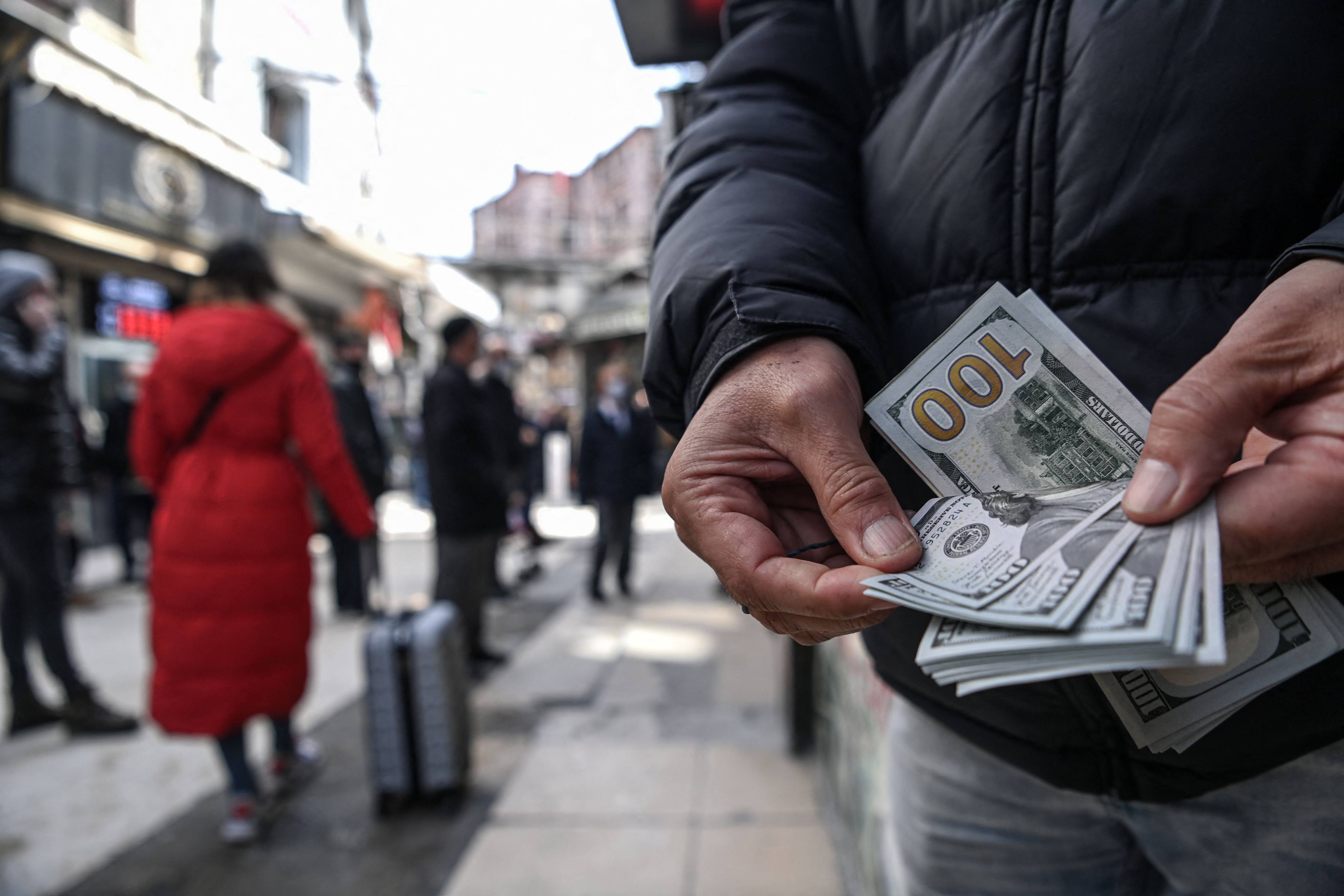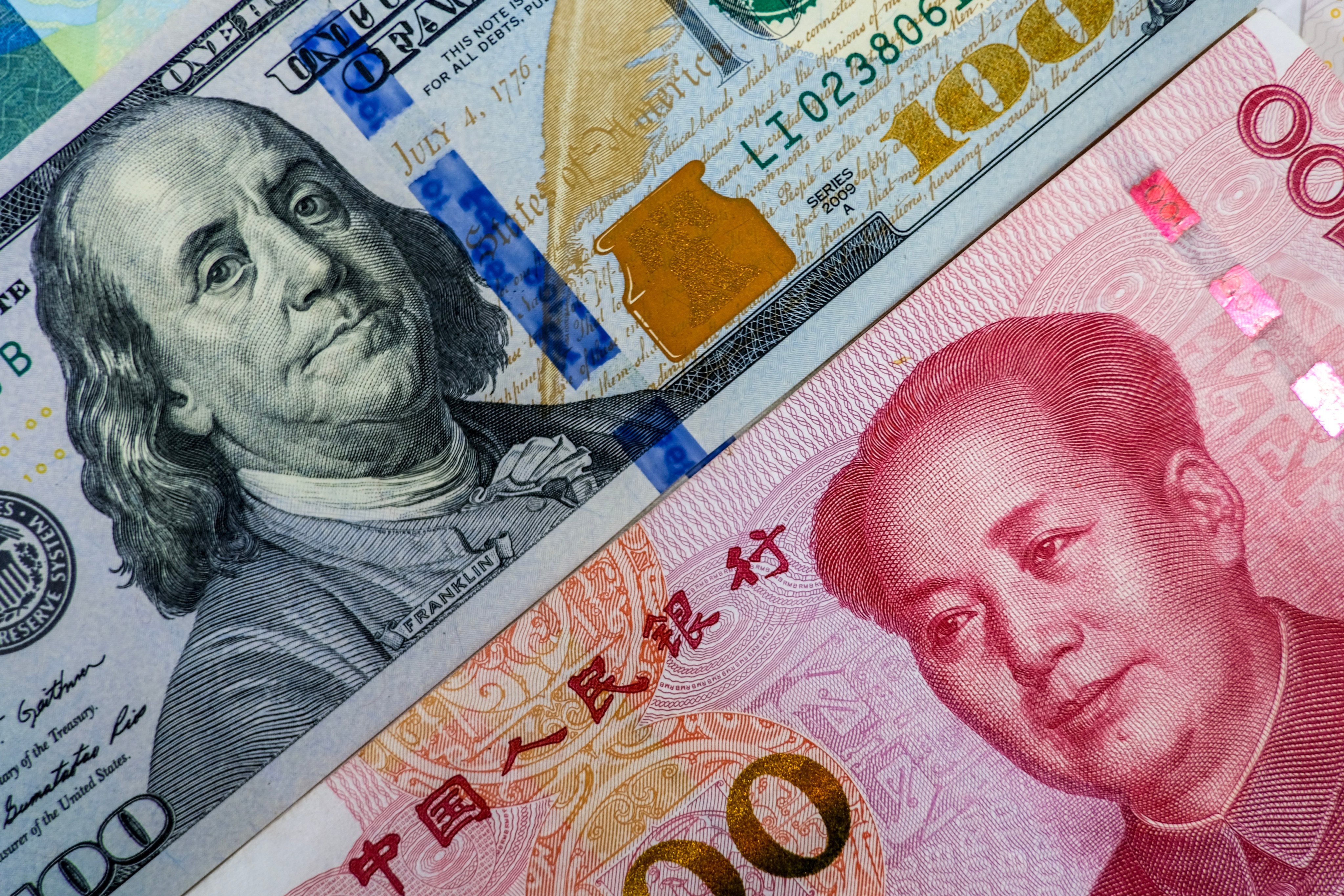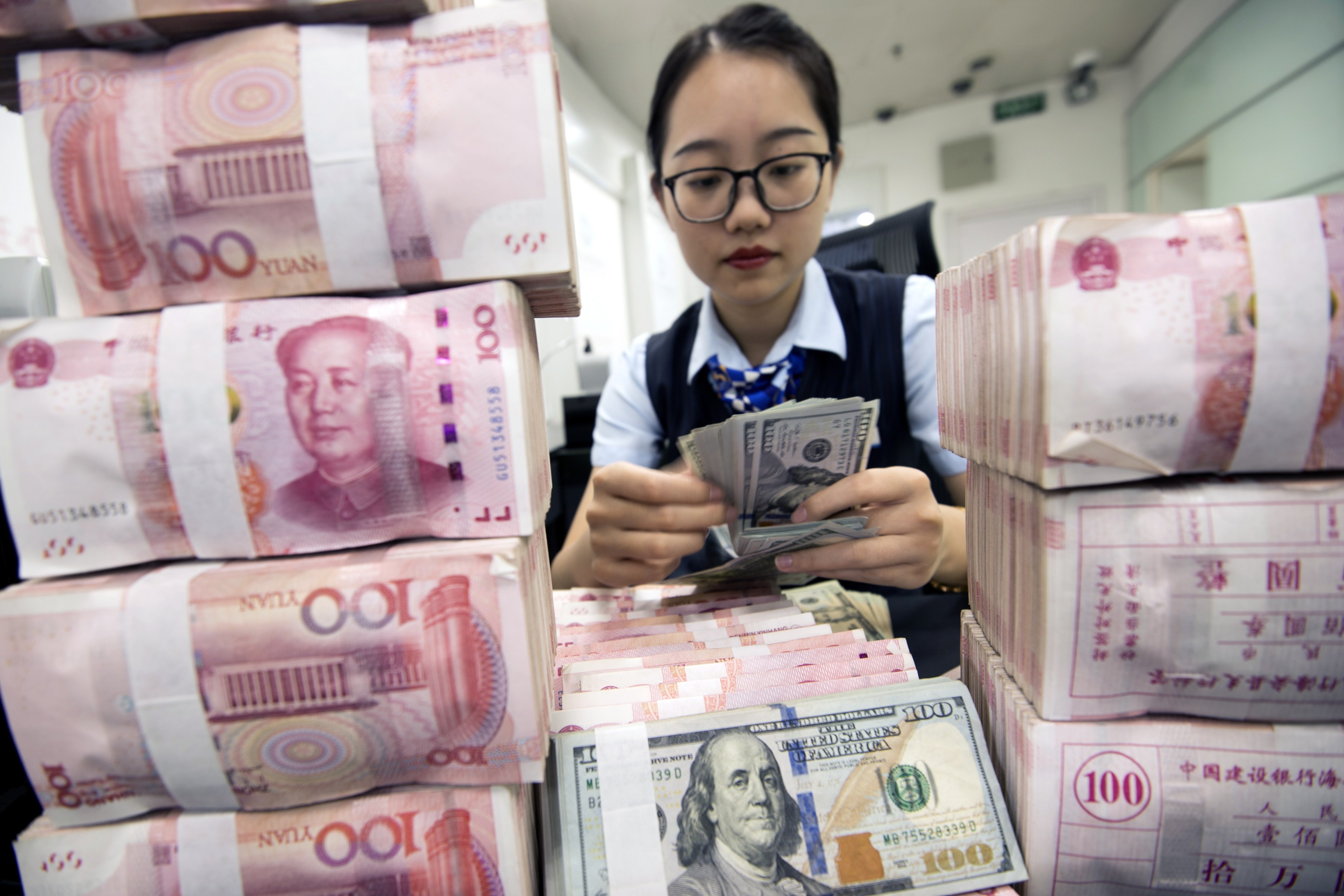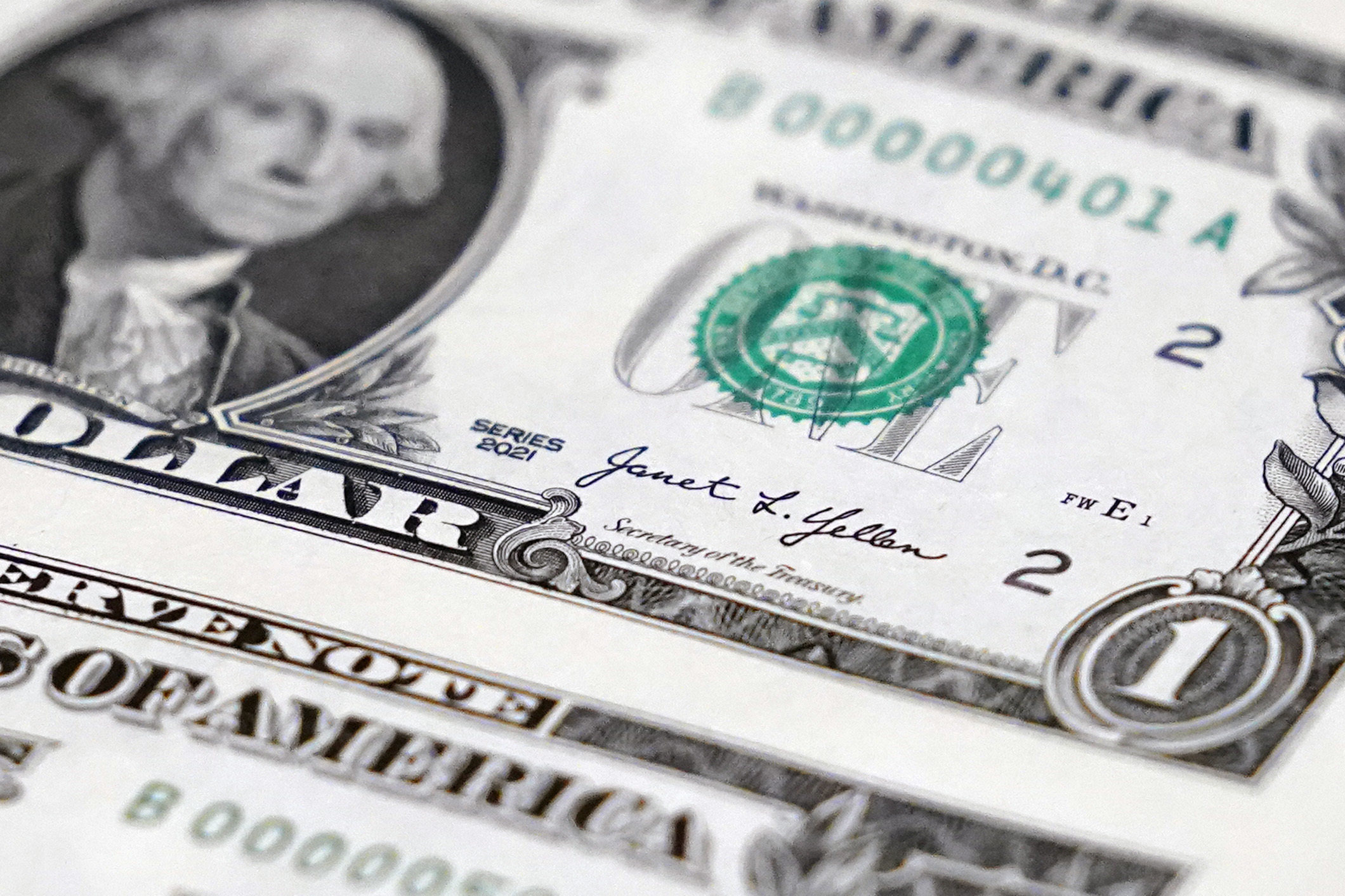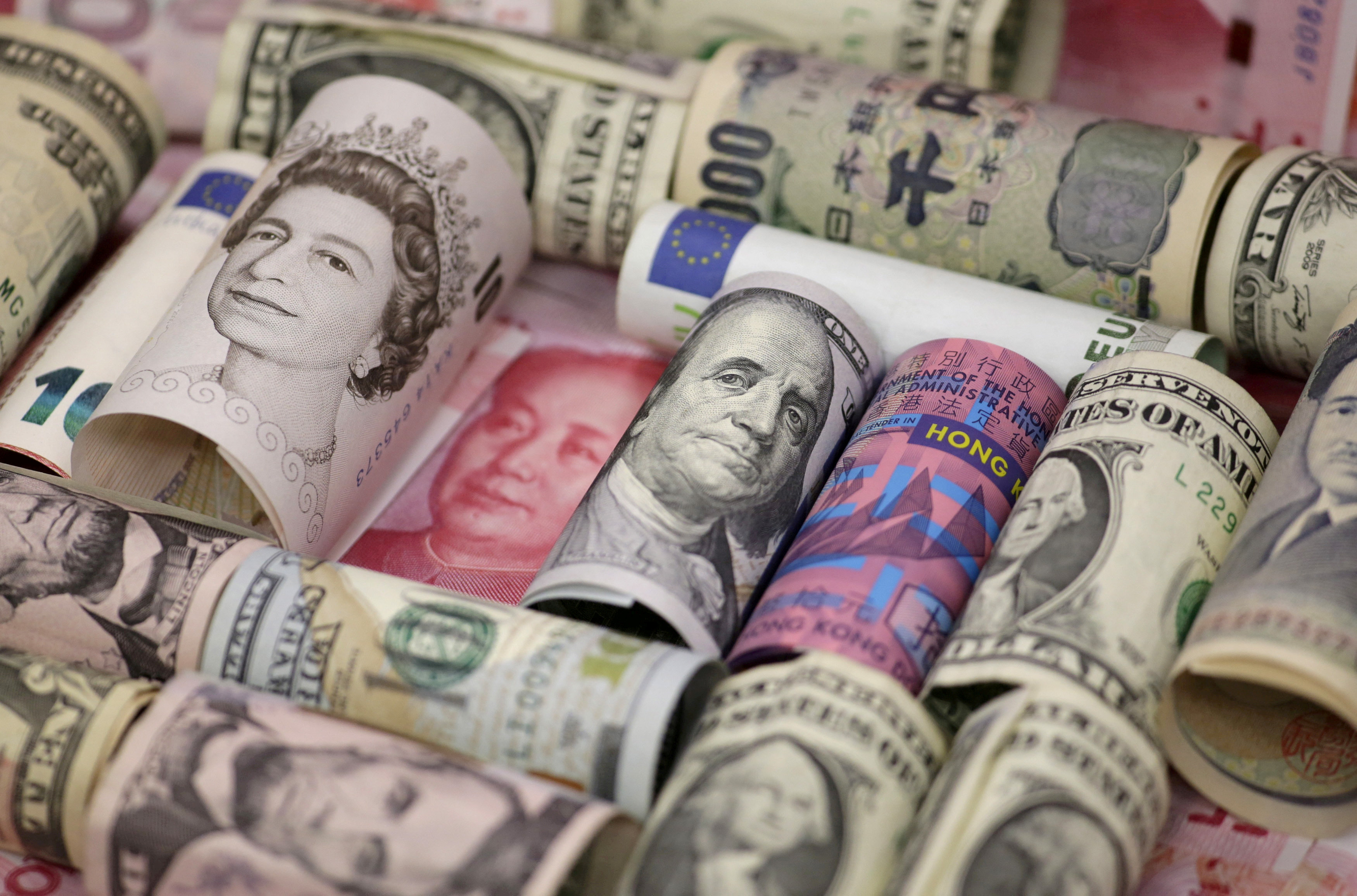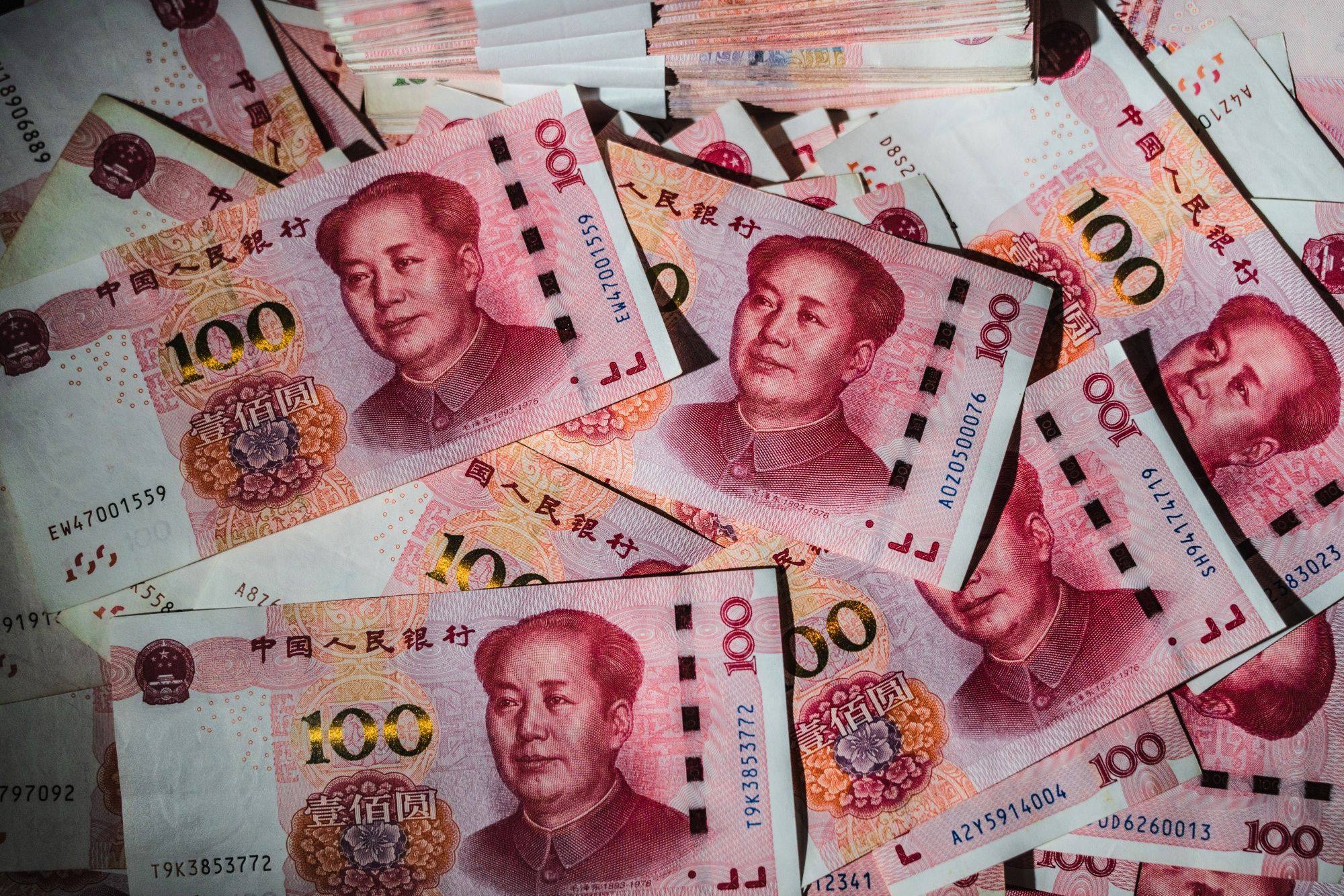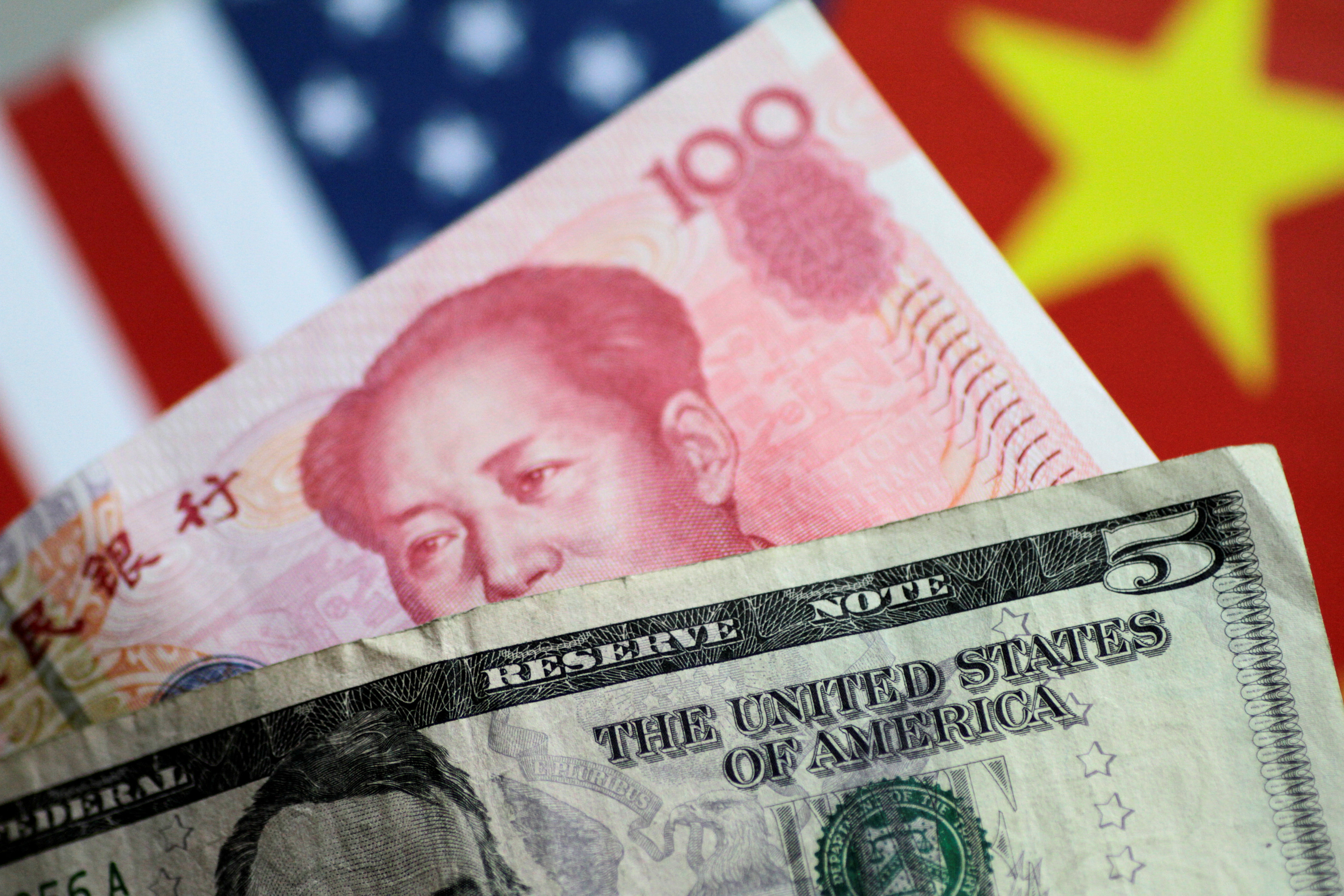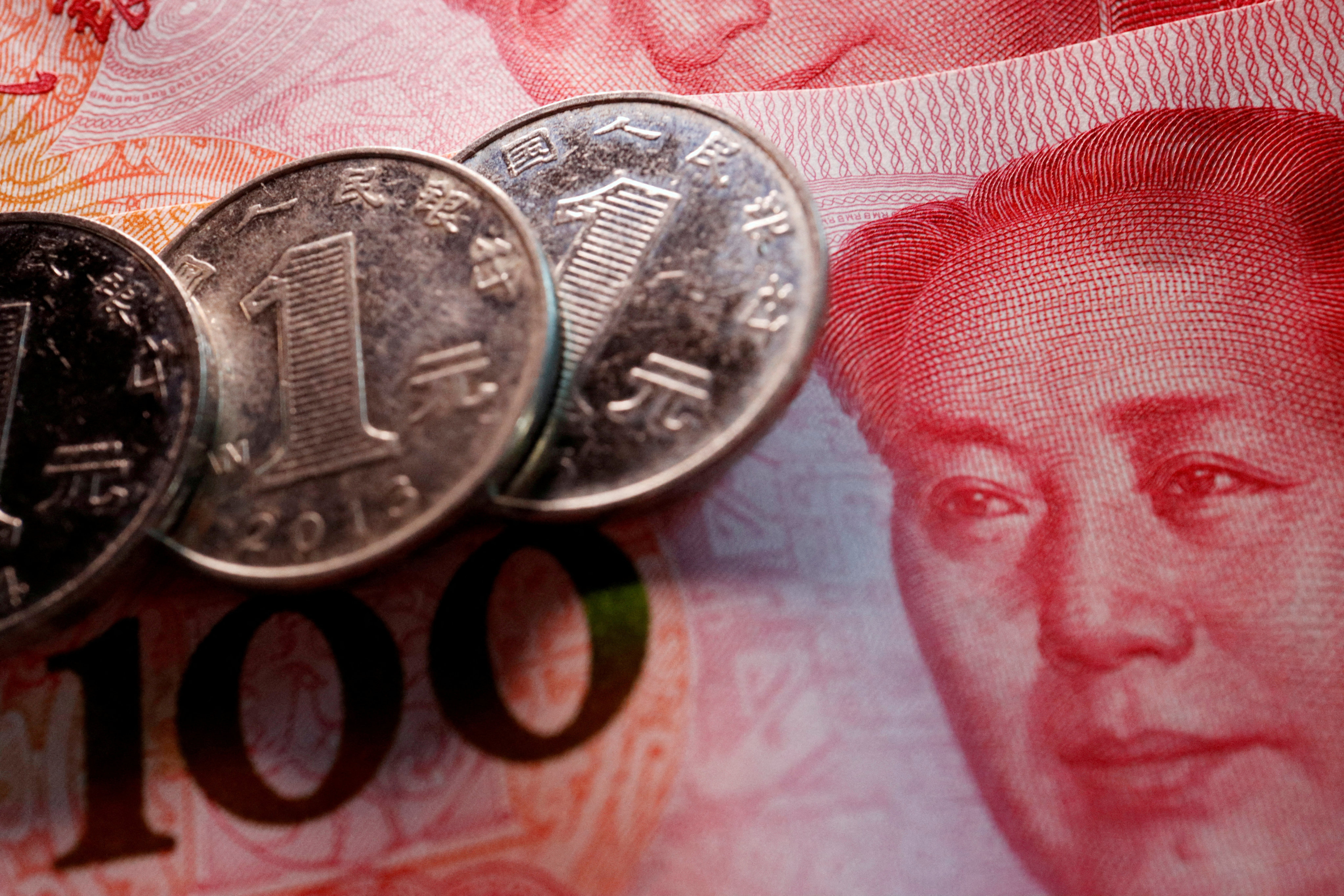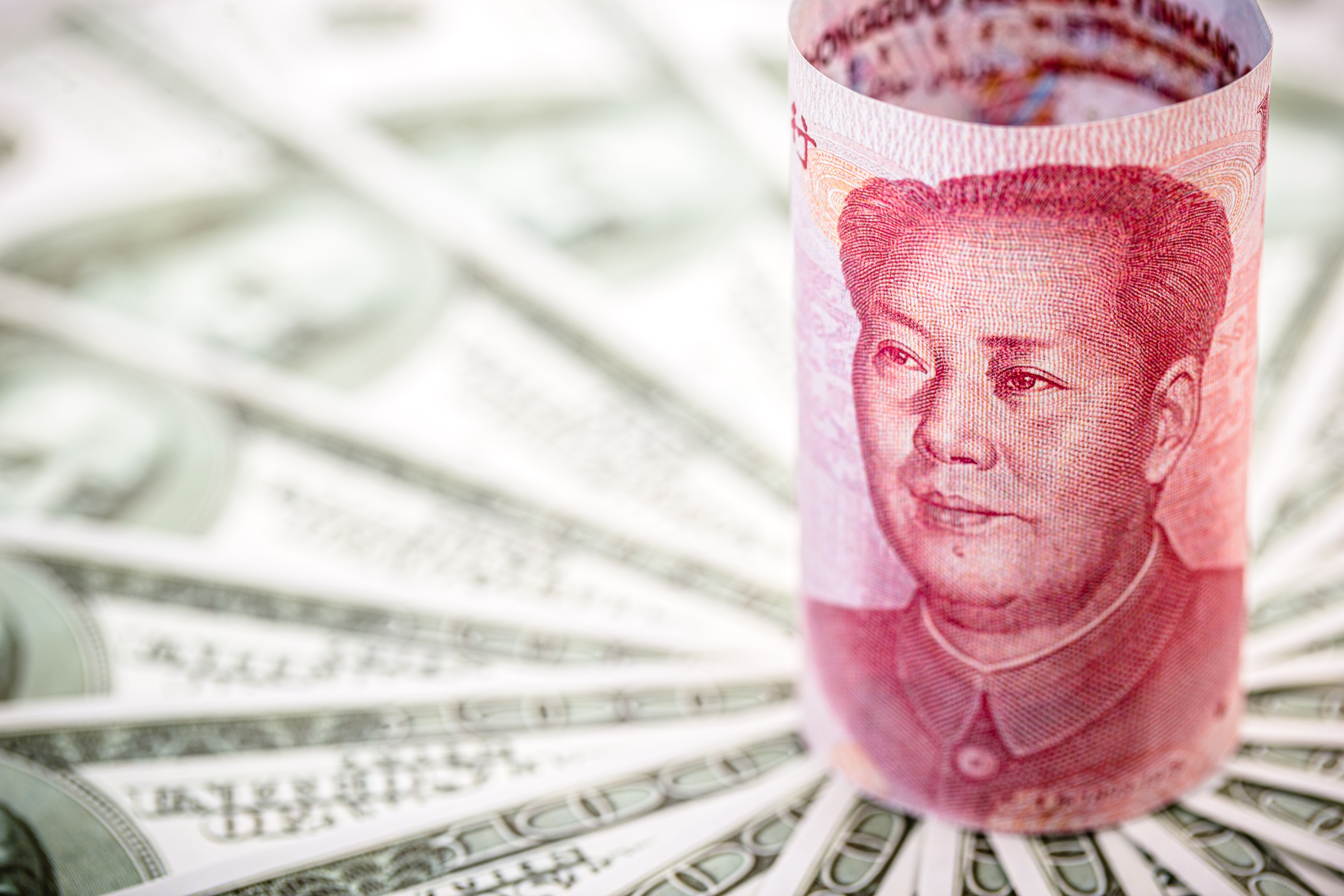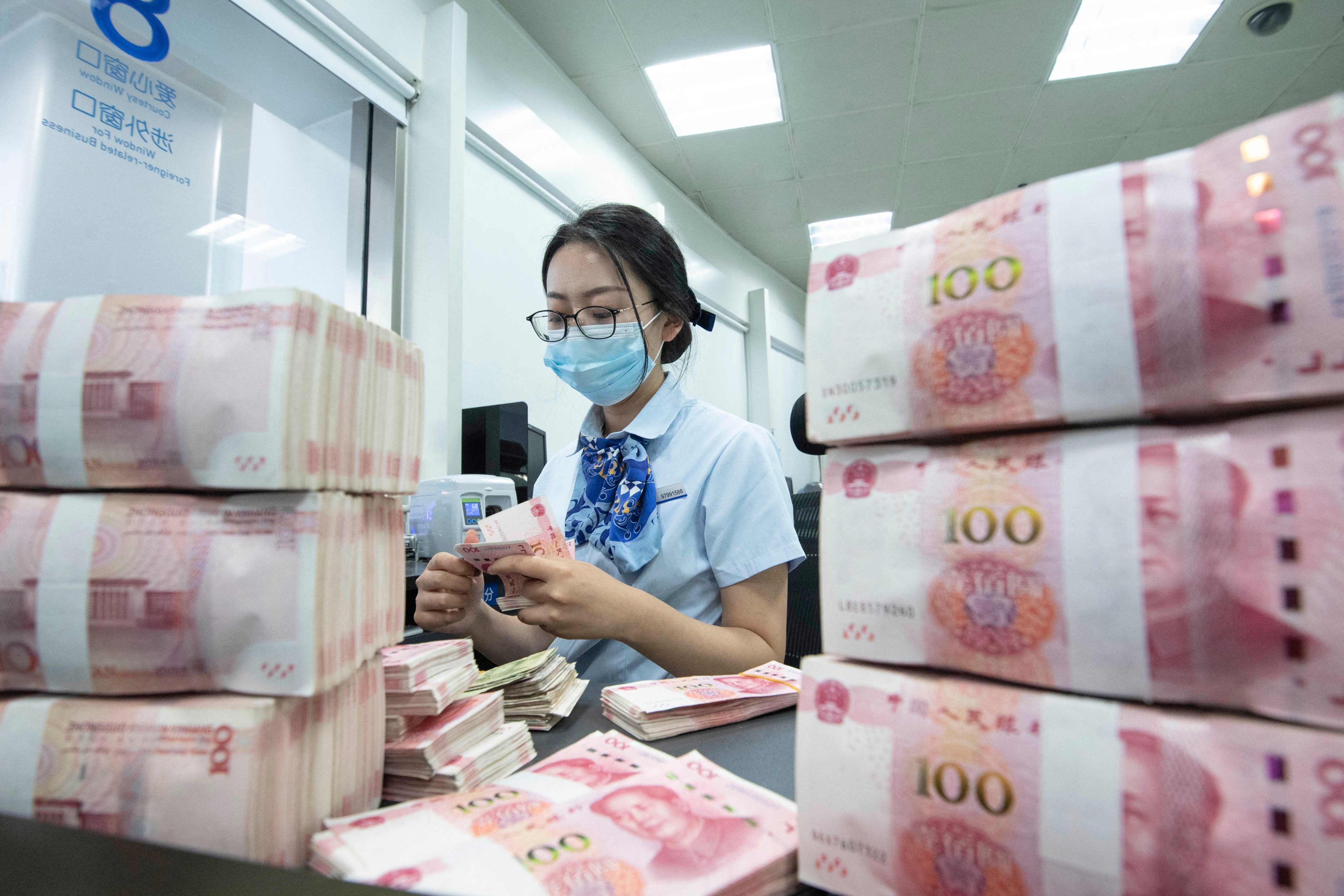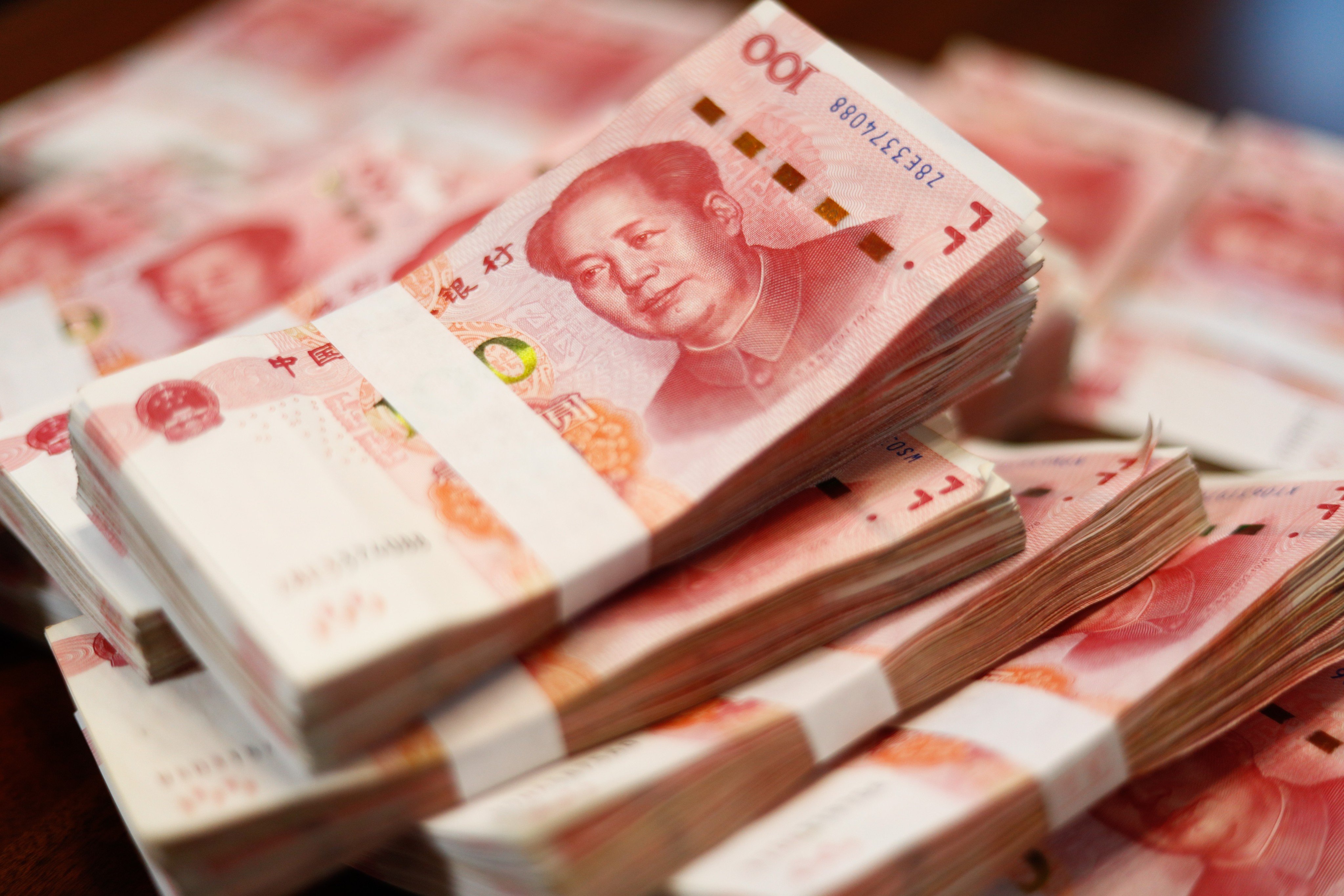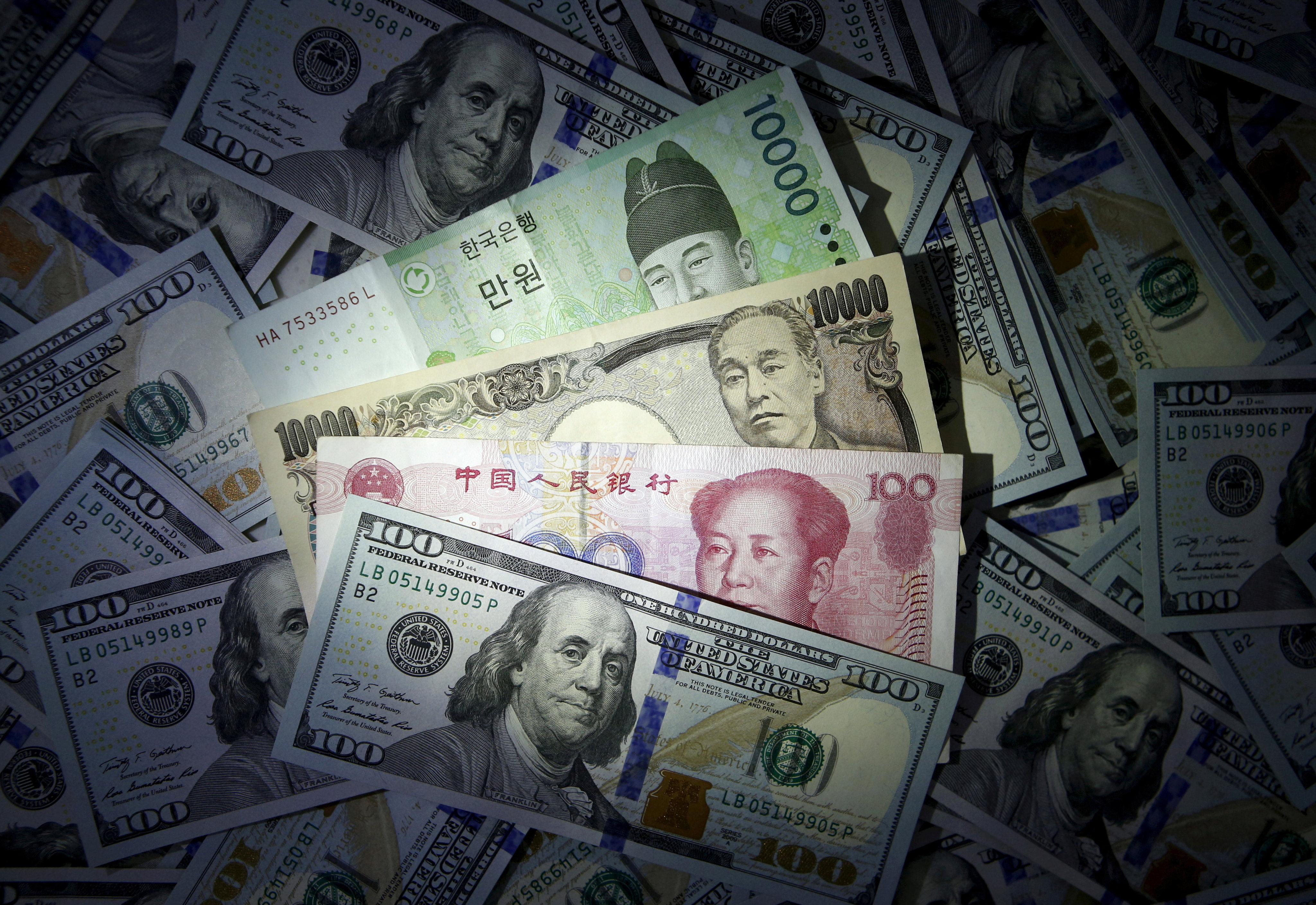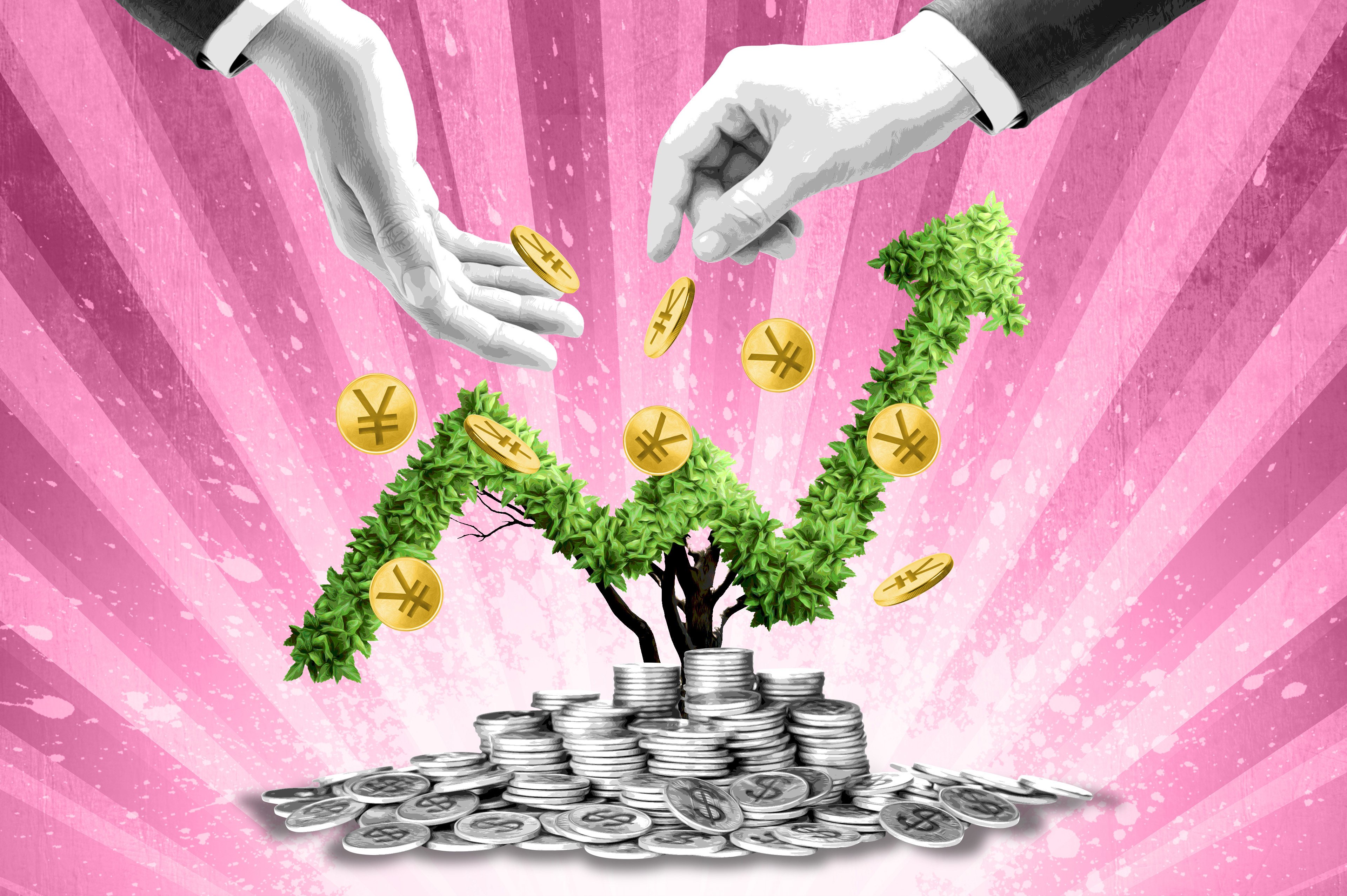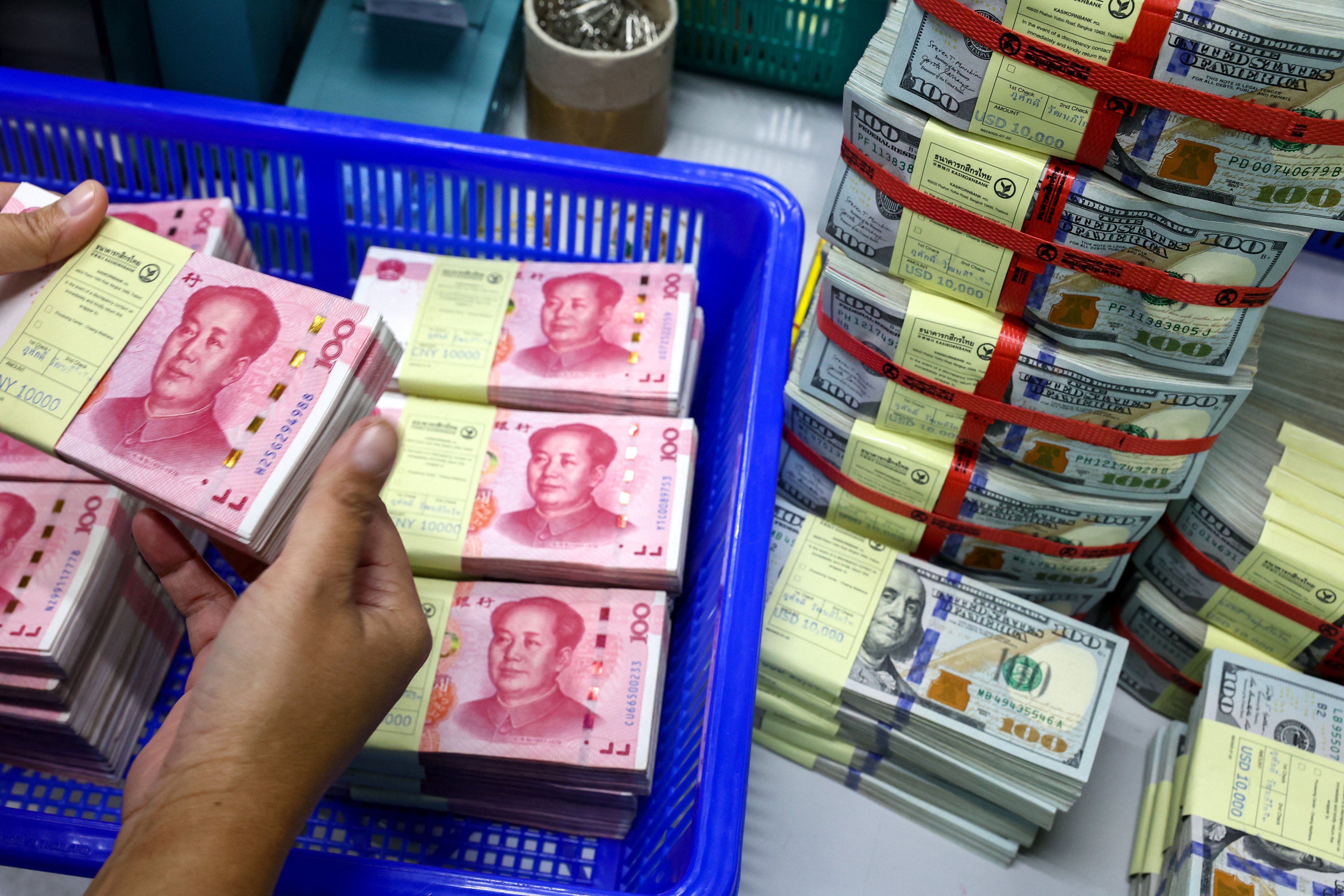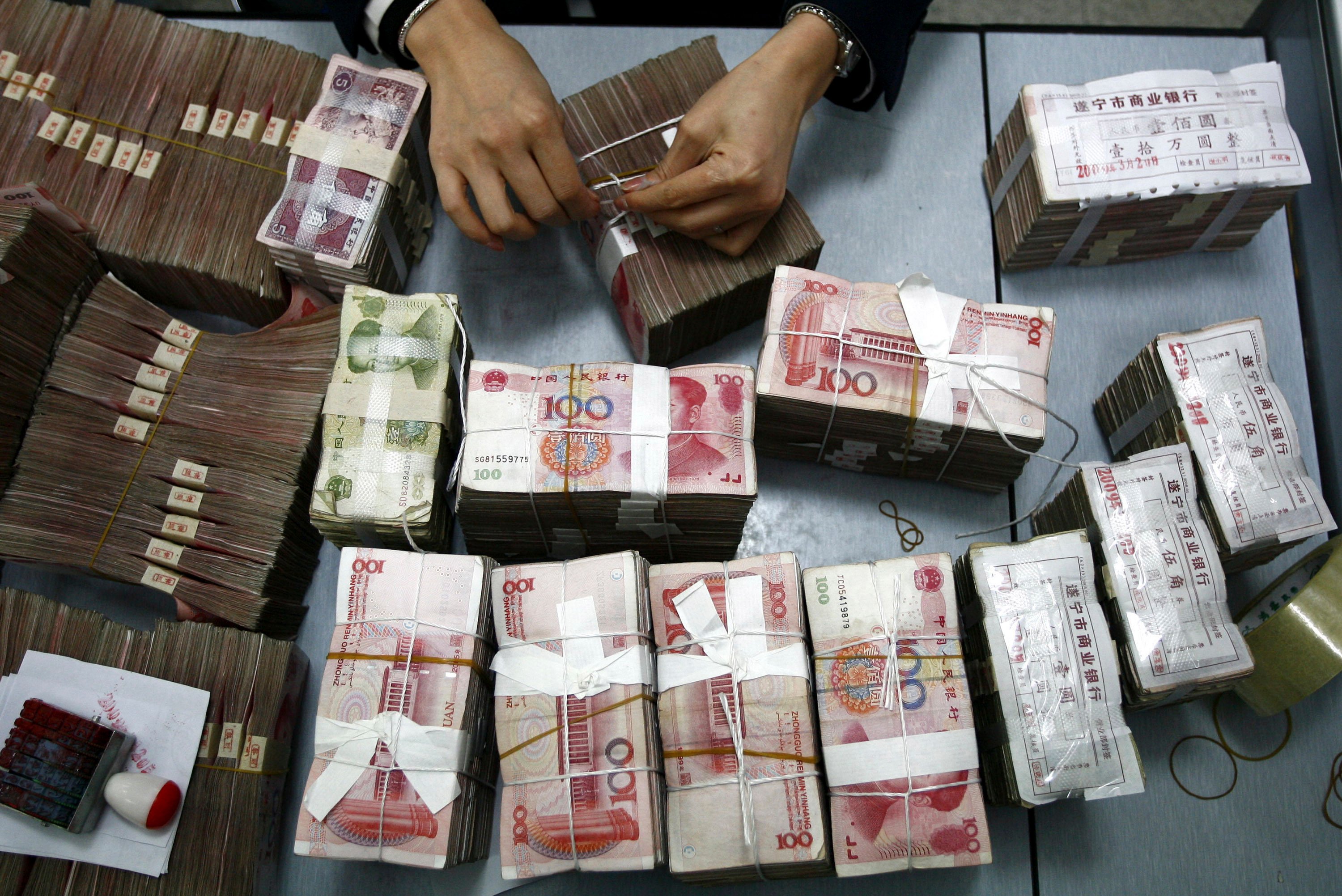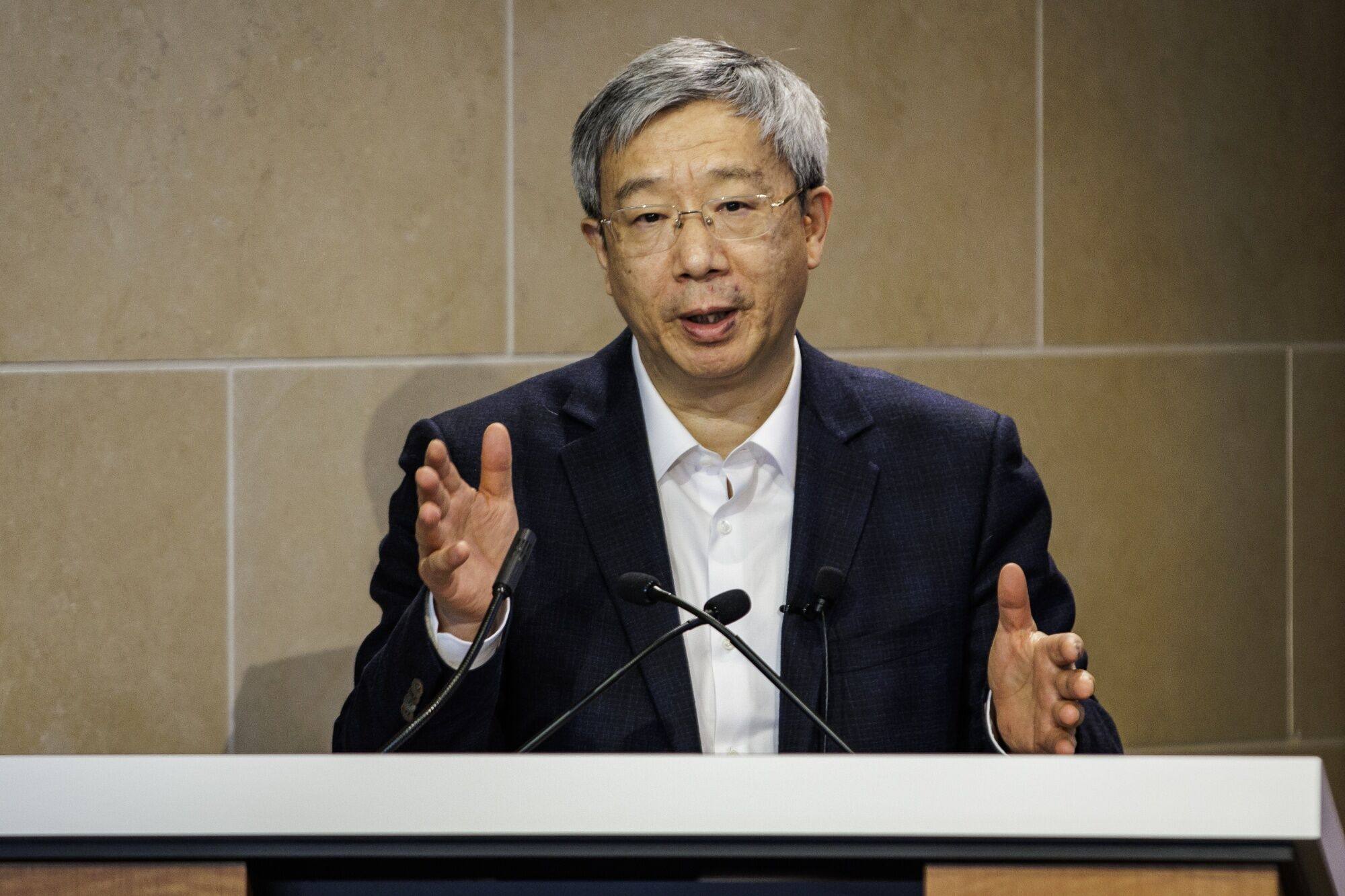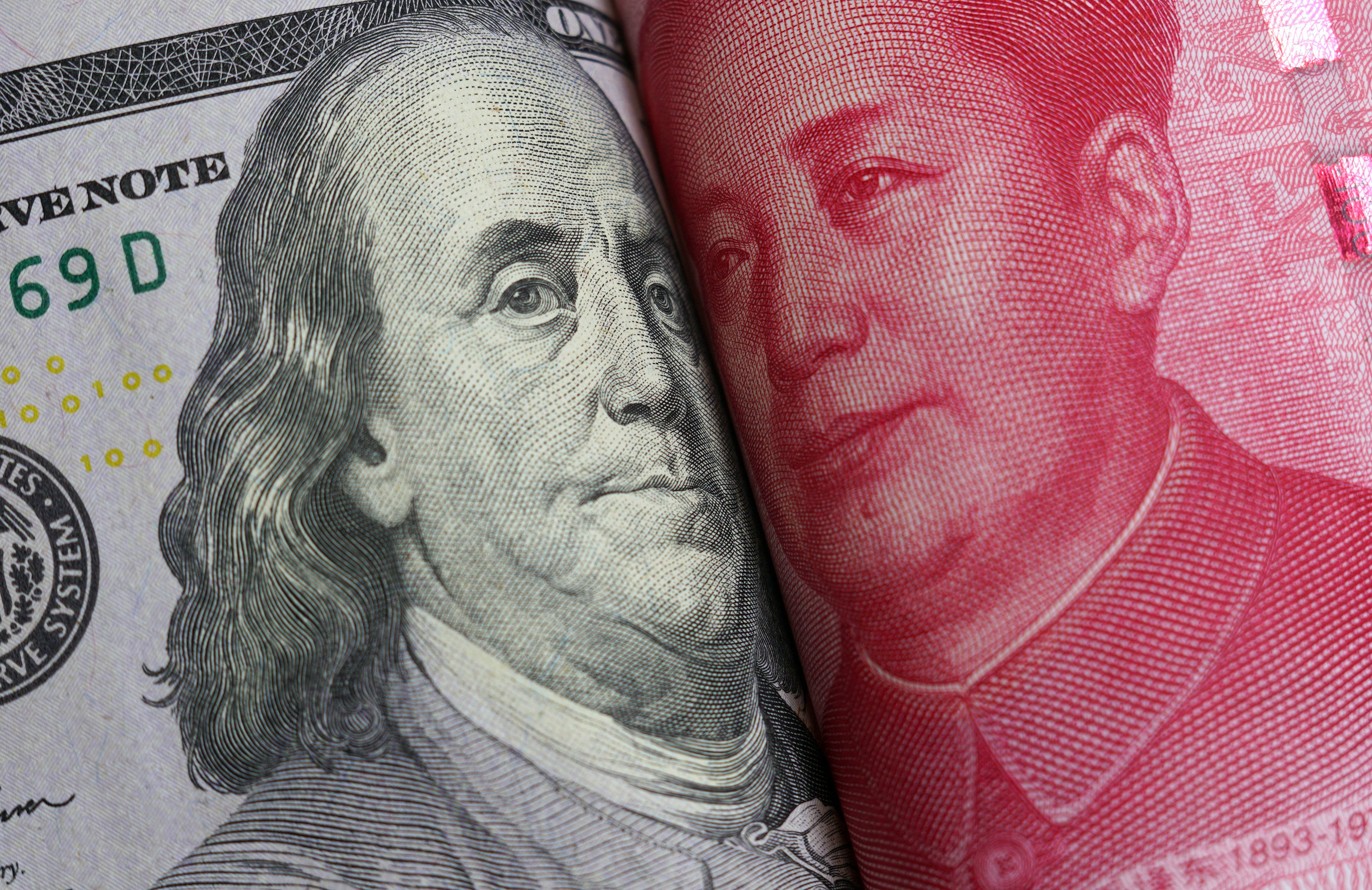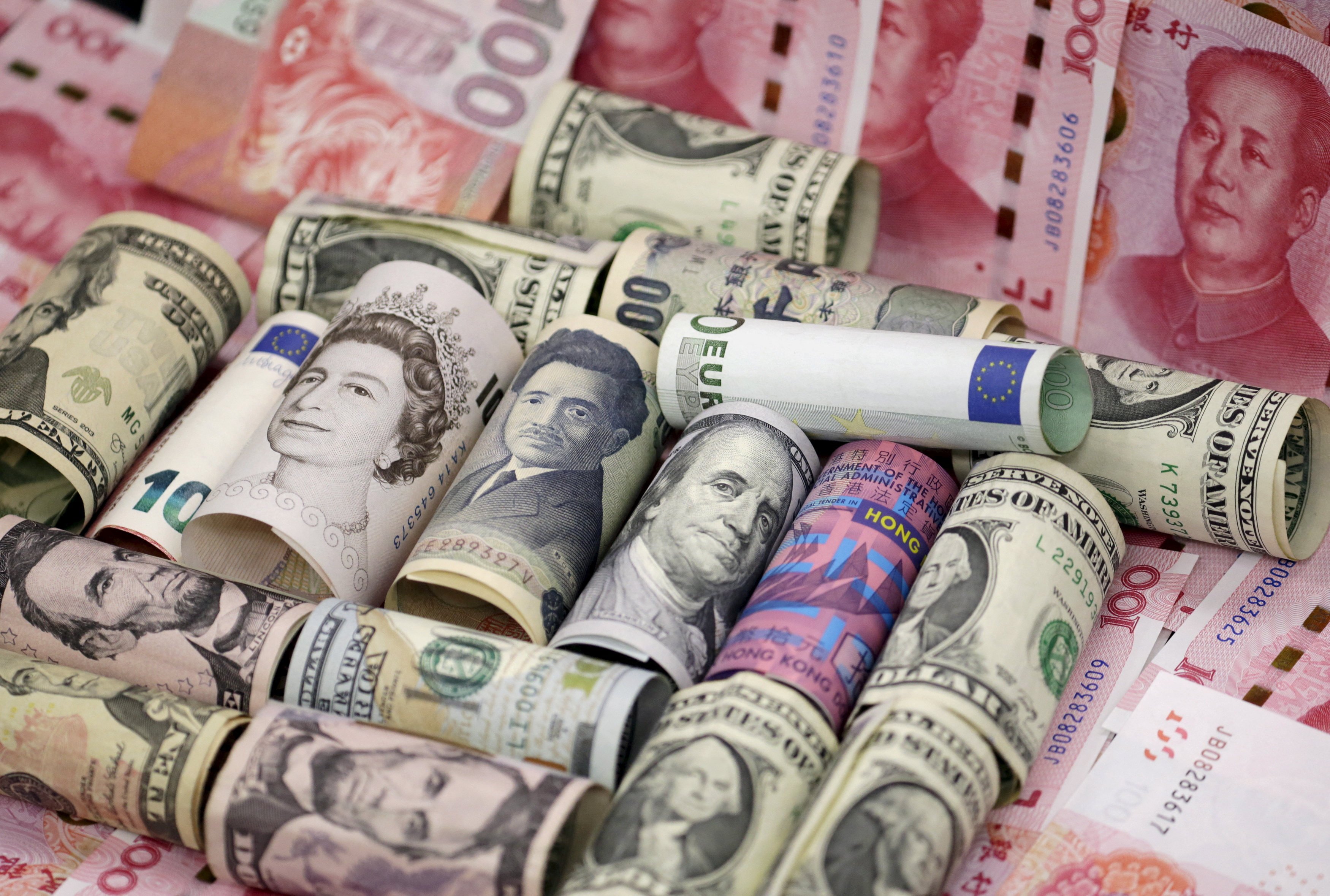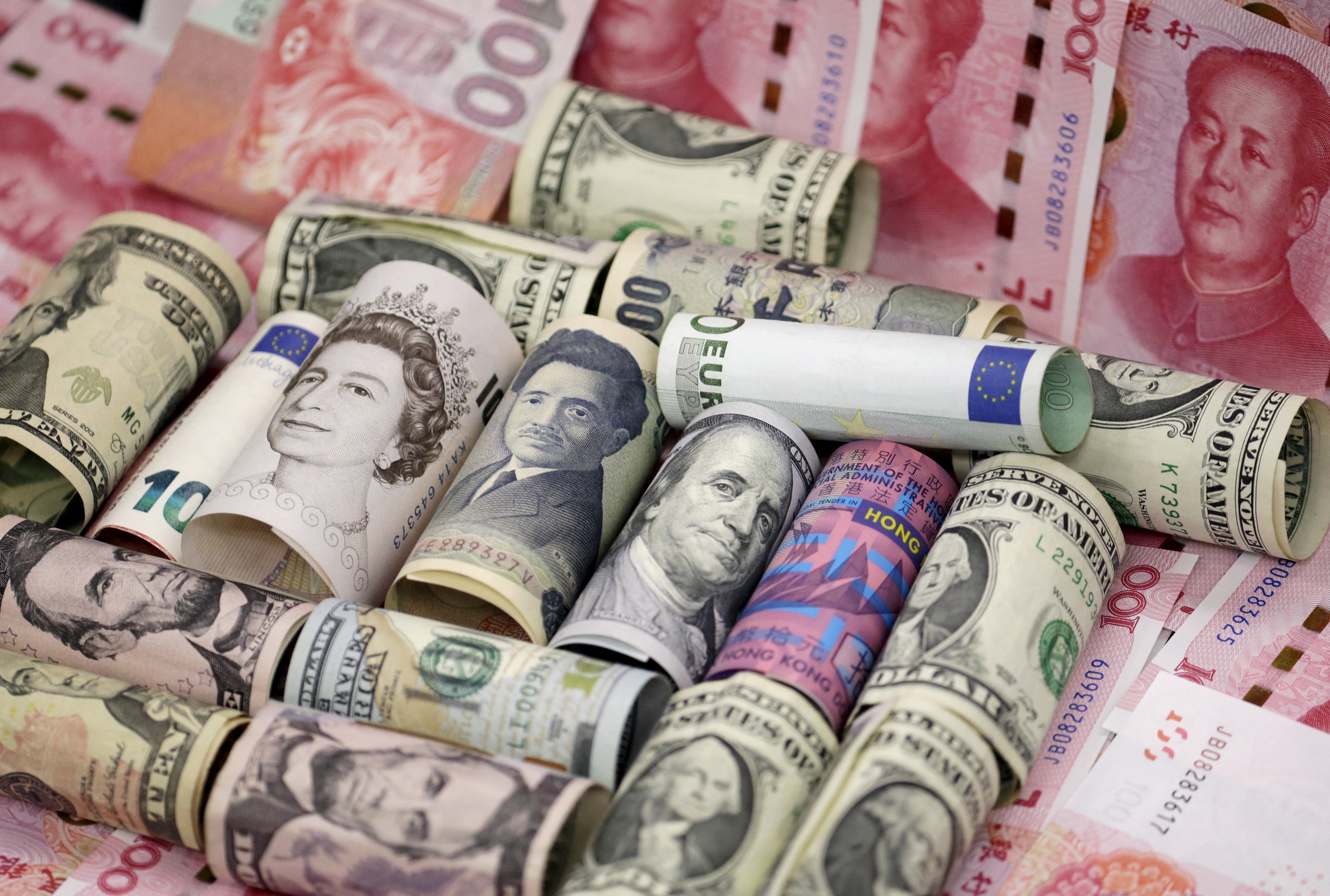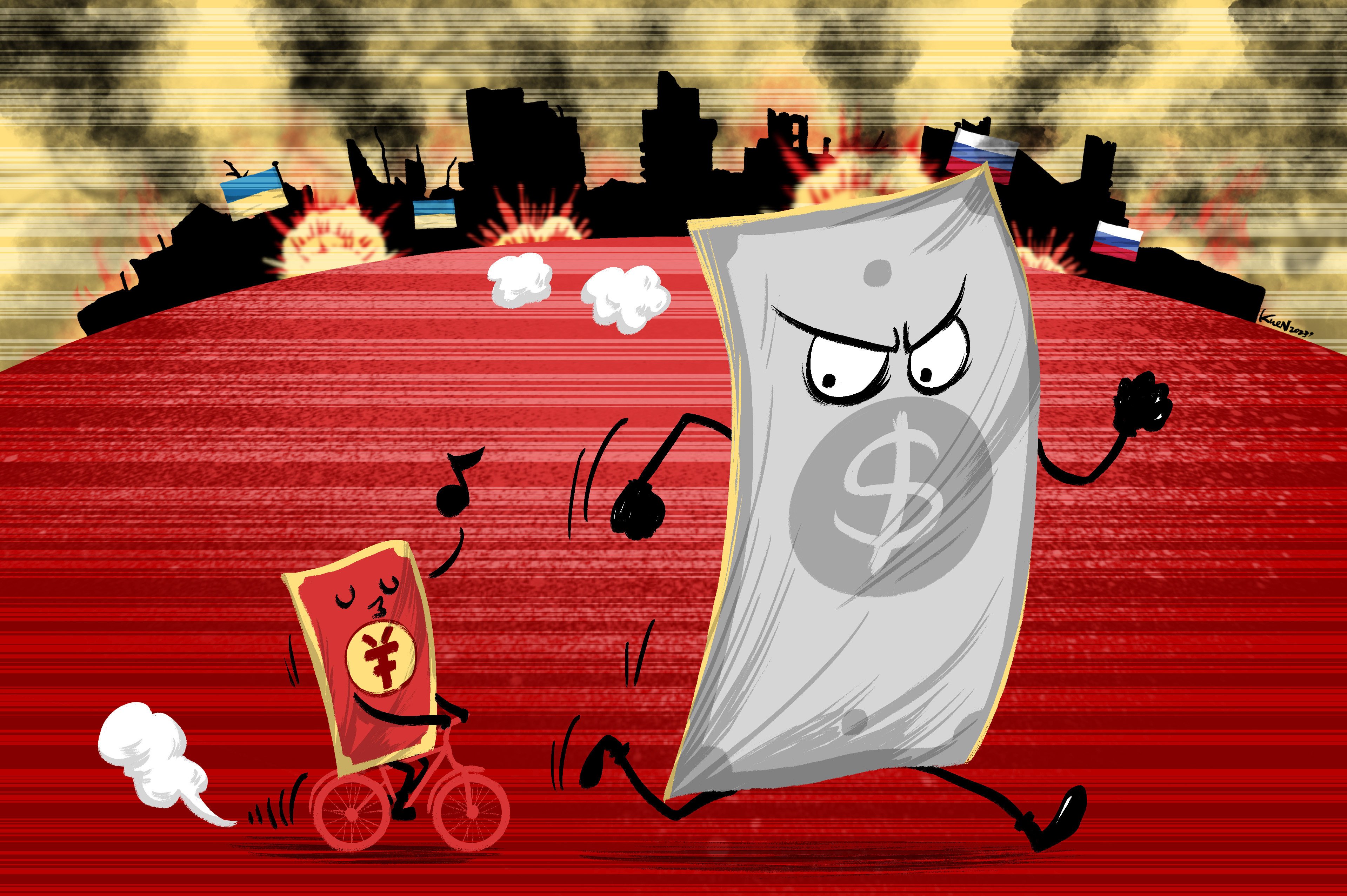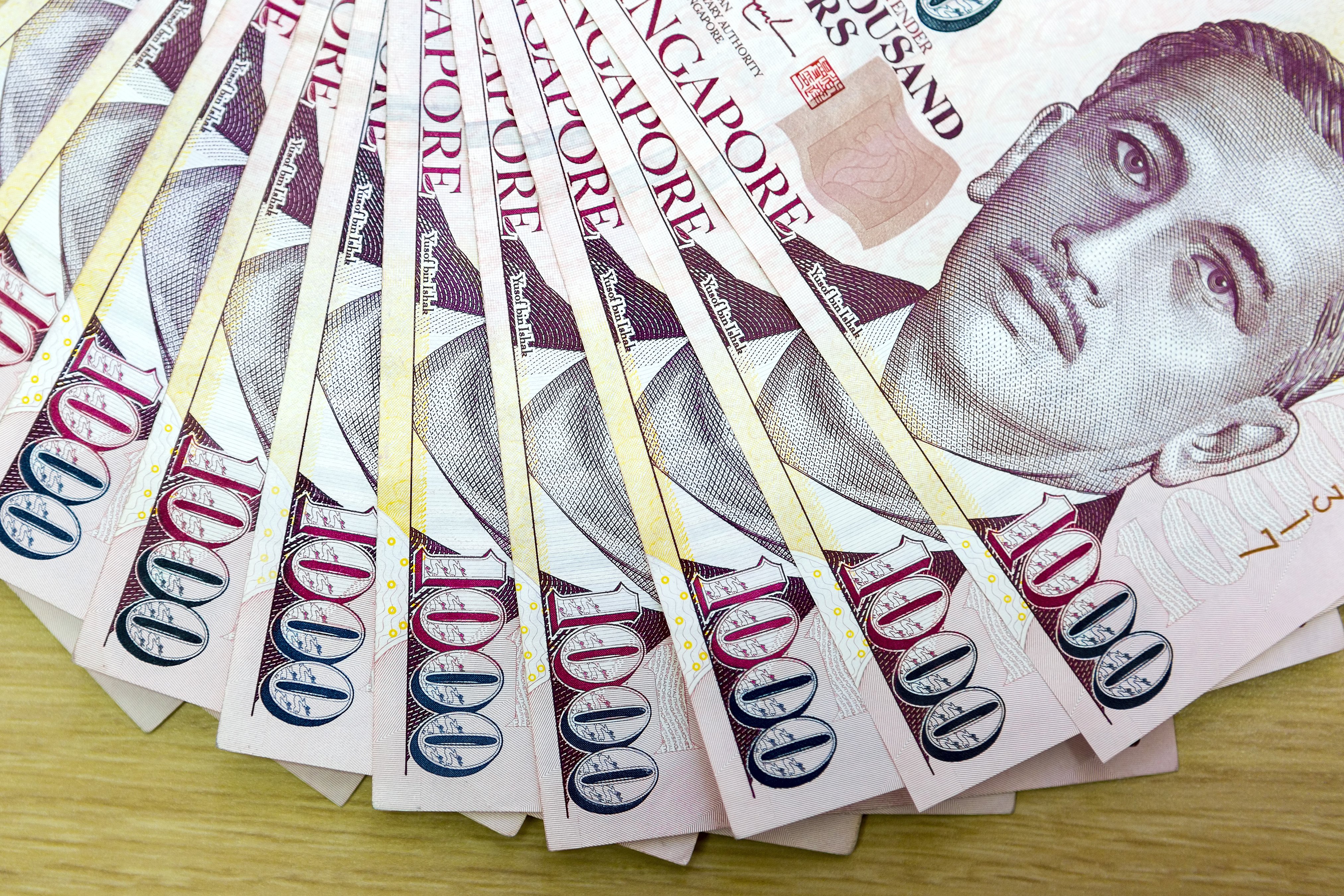Topic

The more the dollar is weaponised the faster people will try to dump it, while sanctions are increasingly seen as abusive rather than legitimate.
Beijing has spent years trying to internationalise the yuan with little to show for it because of strict capital controls. It is time for a bolder approach.
China’s yuan is increasingly being seen as a stable source of value thanks to a positive yield from its 10-year government bond, compared to a negative interest rate in the United States.
The dangers of capital outflow have eased as China’s economy has recovered rapidly from the impact of the coronavirus pandemic, with the yuan becoming a safe bet for value due to a weaker US dollar.
- Russian central bank governor Elvira Nabiullina says the yuan’s share in Russia’s exports has increased from 0.4 to 34.5 per cent over the last two years
- Beijing has ramped up efforts to boost the yuan’s global appeal, with the expansion of the Brics group this year offering China more opportunities
China is keeps the daily reference rate for its currency within a tight range, with a gauge measuring yuan volatility collapsing to levels last seen in 2010.
It has been nearly four months since the US Federal Reserve’s last interest rate hike – the 11th since early 2022 – but the impact still lingers in China’s markets, and an outflow of capital has persisted while the yuan depreciates.
International Finance Forum say a trend of using regional currencies rather than US dollar is a result of unprecedented US monetary tightening, but there still remains doubts about a credible alternative.
Intentionally weakening the yuan would be a boon for cheaper Chinese exports, but on the whole, a devalued yuan could make China’s problems much worse.
China’s yuan fell to a 16-year low against the US dollar last week, with financial regulators vowing to take action to stem one-sided speculative bets, but exporters are already under pressure to change prices.
China’s yuan plunged to a 16-year low against the US dollar due to a poor business outlook and a widening yield gap, with the central bank promising to ‘actively and steadily respond’ to depreciation pressure.
The dollar’s recent strength has confounded bears, and some hedge funds say the rally is not over. Others see the end of US rate-hike cycle in 2024 as a chance to start buying emerging markets and China assets.
The People’s Bank of China will cut the reserve requirement ratio for foreign-exchange deposits later this month in the latest move to support the yuan exchange rate and prop up the faltering economy.
Securing China’s overseas assets has become more difficult in a time rife with geopolitical wrangling that continues to alter the world’s currency-use landscape, outspoken Yu Yongding says.
Yuan has dropped below the key level of 7 against the US dollar for the fourth time since 2019, but the spillover effects of tightening US monetary policy will weaken and offer support to the Chinese currency, the foreign exchange regulator said on Friday.
Commentary in the central bank-backed Financial News said China’s economic recovery will continue to improve and yuan-denominated assets remain attractive.
People’s Bank of China promises ‘comprehensive measures’ to prevent wild swings in the exchange rate as the yuan approaches a key psychological threshold.
China’s yuan has weakened by 4.7 per cent against the US dollar since the start of the year, but the central bank has refrained from direct intervention.
Islamabad has also outlined a process to open barter trade with Russia, Afghanistan and Iran without trading in US dollars, in what analysts see as a possible shift from West to East.
Beijing has been trying to get more countries to use its currency for years, but until these hurdles are cleared, the yuan’s rise as an international currency ‘will have a ceiling’.
Some 24 Hong Kong-listed companies apply for permission for their shares to be traded in both yuan and Hong Kong dollar currencies, which would spur the yuan internationalisation campaign and consolidate the city’s status as a leading offshore yuan hub.
China has long been keen to promote the yuan overseas, as well as reducing its reliance on the US dollar, with the likes of Russia, Brazil and Bangladesh increasing their use of the currency.
China is ramping up efforts to boost the yuan’s appeal as an alternative in trade and as a reserve currency in the face of US dollar hegemony, while countries from South America to the Middle East have got on board with increased yuan use.
Bangladesh and Russia agreed to use the yuan to settle payment for a nuclear plant amid Beijing’s efforts to increase the use of the Chinese currency overseas and decrease reliance on the US dollar.
People’s Bank of China Governor Yi Gang also said the bank will seek to guide monetary policy so that real interest rates move slightly below the potential growth rate.
Malaysian Prime Minister Anwar Ibrahim said Xi Jinping welcomed discussion on reviving a decades-old idea for the establishment of an Asian monetary fund during a meeting in Beijing last month.
An increase in yuan settlements with the largest South American country shows how Beijing is trying to prevent China from being financially strangled amid US decoupling.
Prominent Chinese economist says banking authorities should implement a progressive tax on cross-border capital flows to guard against external risks that can slow the pace of financial liberalisation.
A further straining of relations between the United States and China threatens far-reaching implications for global trade that leaders on both sides are trying to guard against.
It comes as Indonesia’s rupiah, the Philippines’ peso and Malaysia’s ringgit all look set to struggle in the race to become Southeast Asia’s best-performing currency this year.








